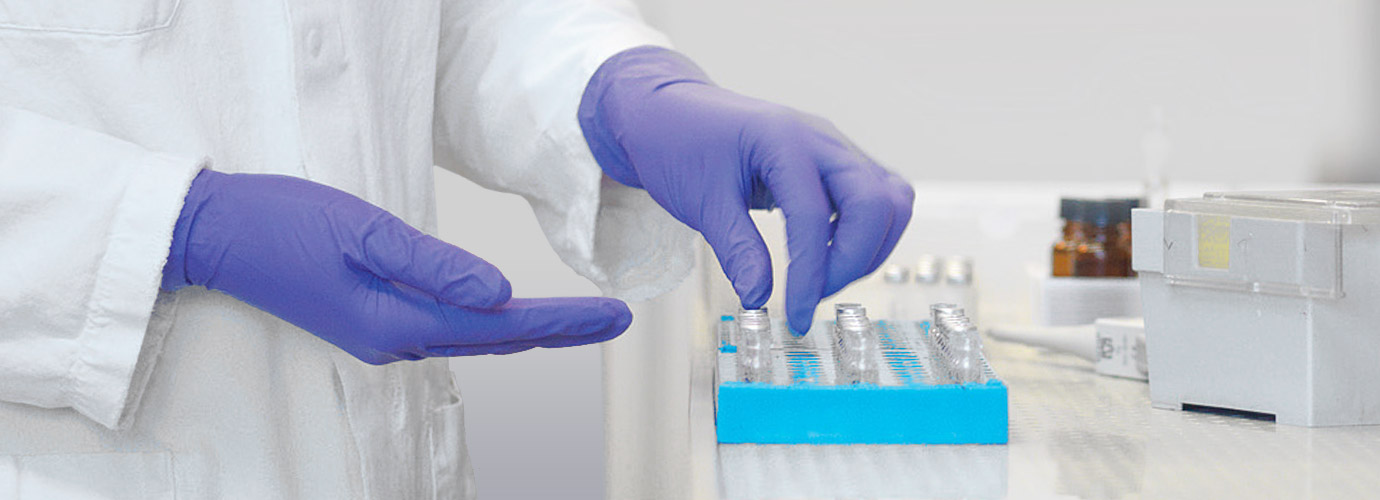The iodine status of infants

05.2023
Author Dr. J. Hower, Paediatrician from Germany
Iodine is a micronutrient required for the production of thyroid hormones which regulate growth and development. Adequate iodine supply in infancy is a prerequisite for normal thyroid function and brain development. As there is little data on the iodine status of infants during their first year of life, the authors have investigated the iodine status of infants in relation to breastfeeding status, thyroid function and maternal iodine intake.
In this Norwegian cohort study, 113 infants aged 3, 6 and 11 months were examined. The urinary iodine concentration (UIC) in infants and mothers, maternal iodine intake, breast milk iodine concentration (BMIC), breastfeeding status and thyroid function were measured.
Results: The median UIC concentration of the infants at 3 months of age was 82 µg/l, which was below the WHO threshold of 100 µg/l.
At later stages of infancy, the UIC was adequate (median 110 µg/l at 6 and 11 months). At the age of 6 months, infants started consuming iodine-rich foods such as iodised cereals, cow’s milk, yoghurt and lean fish.
The UIC of breastfed infants was positively linked to the maternal UIC, maternal iodine intake and BMIC. Breastfed infants had a lower median UIC than formula-fed infants at 3 months (76 µg/l vs. 190 µg/l) and 6 months (105 µg/l vs. 315 µg/l).
Neither the UIC of the infants nor the BMIC were associated with the results of thyroid function. This means that the infants’ thyroid hormone production was maintained despite this mild iodine deficiency. However, such a moderately deficient iodine status, which does not restrict the thyroid hormone concentration, could still affect the infant’s neurodevelopment, as shown by another study (randomised, controlled) in school-age children (Gordon et al. 2009).
References:
Næss S, Aakre I et al. Infant iodine status and associations with maternal iodine nutrition, breast-feeding status and thyroid function. Br J Nutr. 2022 May 10:1-10. doi: 10.1017/S0007114522001465. Epub ahead of print.
Andersson M, Braegger CP. The Role of Iodine for Thyroid Function in Lactating Women and Infants. Endocr Rev. 2022 May 12;43(3):469-506. doi: 10.1210/endrev/bnab029.
Gordon RC, Rose MC et al. Iodine supplementation improves cognition in mildly iodine-deficient children. Am J Clin Nutr. 2009 Nov;90(5):1264-71. doi: 10.3945/ajcn.2009.28145. Epub 2009 Sep 2.
Division of Nutrition, Physical Activity, and Obesity, National Center for Chronic Disease Prevention and Health Promotion (CDC, U.S. Department of Health & Human Services). Iodine. Sept 2021. URL: www.cdc.gov/breastfeeding/breastfeeding-special-circumstances/ (03.2023)


